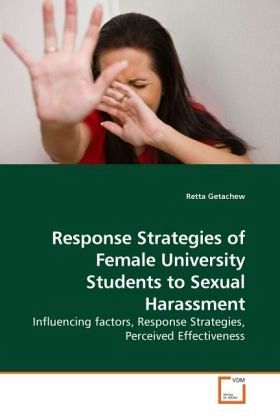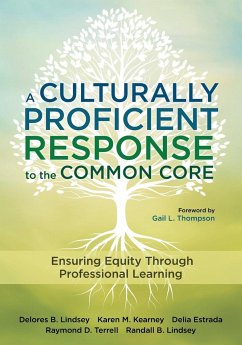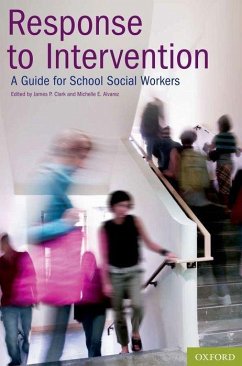
Response Strategies of Female University Students to Sexual Harassment
Influencing factors, Response Strategies, Perceived Effectiveness
Versandkostenfrei!
Versandfertig in 6-10 Tagen
32,99 €
inkl. MwSt.

PAYBACK Punkte
16 °P sammeln!
Universities like any other institutions are supposed to be safe and secure to students. Yet, female students are unfairly victims of harassment and hence are compelled to live and learn in a context where their success and even existence is highly compromised. As a result, many are challenged to actively participate in class, play a part in clubs, use different facilities in the campus, study and achieve their goal. Hence, apart from their effort and obligation to study, female students would be compelled to handle and survive from the influences of sexual harassment. In spite of that, little...
Universities like any other institutions are supposed to be safe and secure to students. Yet, female students are unfairly victims of harassment and hence are compelled to live and learn in a context where their success and even existence is highly compromised. As a result, many are challenged to actively participate in class, play a part in clubs, use different facilities in the campus, study and achieve their goal. Hence, apart from their effort and obligation to study, female students would be compelled to handle and survive from the influences of sexual harassment. In spite of that, little is known about these various coping mechanisms students in universities actually use to handle sexual harassment. This book, therefore, examines how female students of Addis Ababa University respond to sexual harassment by male perpetrators. The work helps universities and other concerned institutions to design appropriate interventions that take into account response strategies of female students. It is especially helpful to professionals in social work, gender and education fields, or anyone else who may be interested in addressing sexual harassment in higher institutions.












